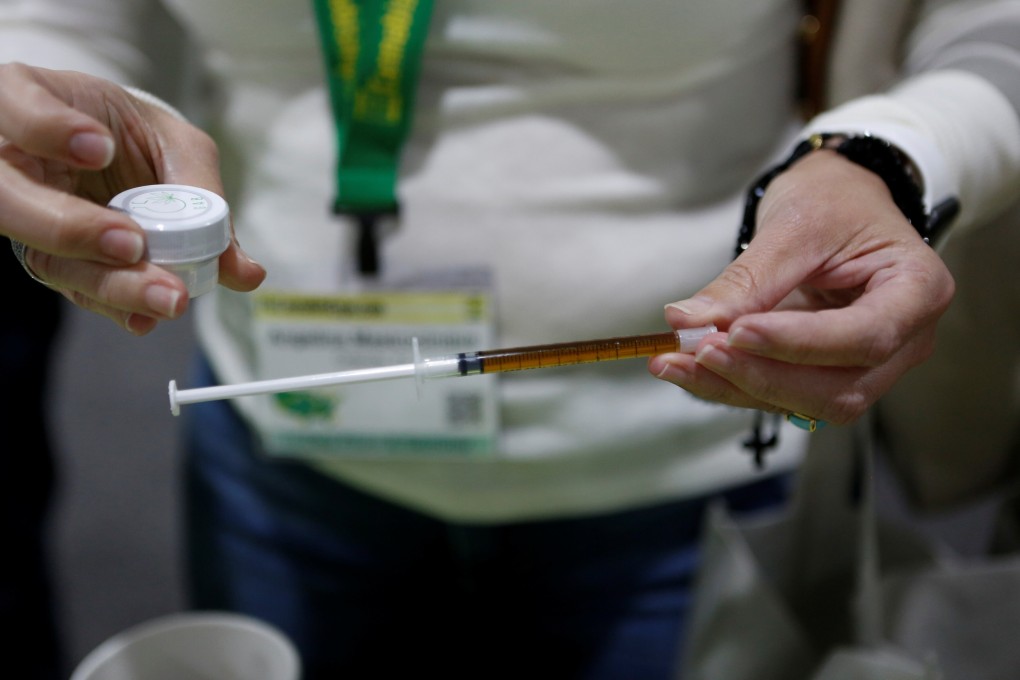China’s CBD crackdown deals blow to emerging market using cannabis-derivative in cosmetics
- China’s drug regulator last week banned the use of cannabidiol (CBD) – a compound found in the cannabis plant – in all cosmetics, formalising a draft proposed in March
- CBD is one of the many useful non-narcotic compounds found in cannabis plants and it possesses low levels of tetrahydrocannabinol (THC), the compound that causes a ‘high’

China’s formal crackdown and U-turn on the use of the cannabis-derived ingredient cannabidiol (CBD) in cosmetics production, while not surprising, represents a significant blow to the fledgling market that had quadrupled in the past year.
Drug regulator, the National Medical Products Administration (NMPA), last week banned the use of CBD – a compound found in the cannabis plant – in all cosmetics, formalising the draft proposed by the National Institutes for Food and Drug Control released in late March.
It also banned three other popular cannabis plant derivatives – cannabis sativa fruit, cannabis sativa seed oil and cannabis sativa leaf extract – all of which have a growing global following for their “wonder drug” ability to lift depression, cure acne or relieve pain.
It shows the ‘madness’ of brands entering the market for CBD cosmetics
But concerns that CBD-based cosmetics sold and shared online could lead to lax drug attitudes among young Chinese consumers, and that the largely unregulated industry could give rise to poor testing and control of THC were the driver of the latest government move, said Hedy He, a cosmetic regulatory analyst with China-based market intelligence consultancy Chemlinked.
“It shows the ‘madness’ of brands entering the market for CBD cosmetics,” she said after the number of cosmetic products registered with the NMPA jumped from 18 in 2019 to 1,783 in the next two years.